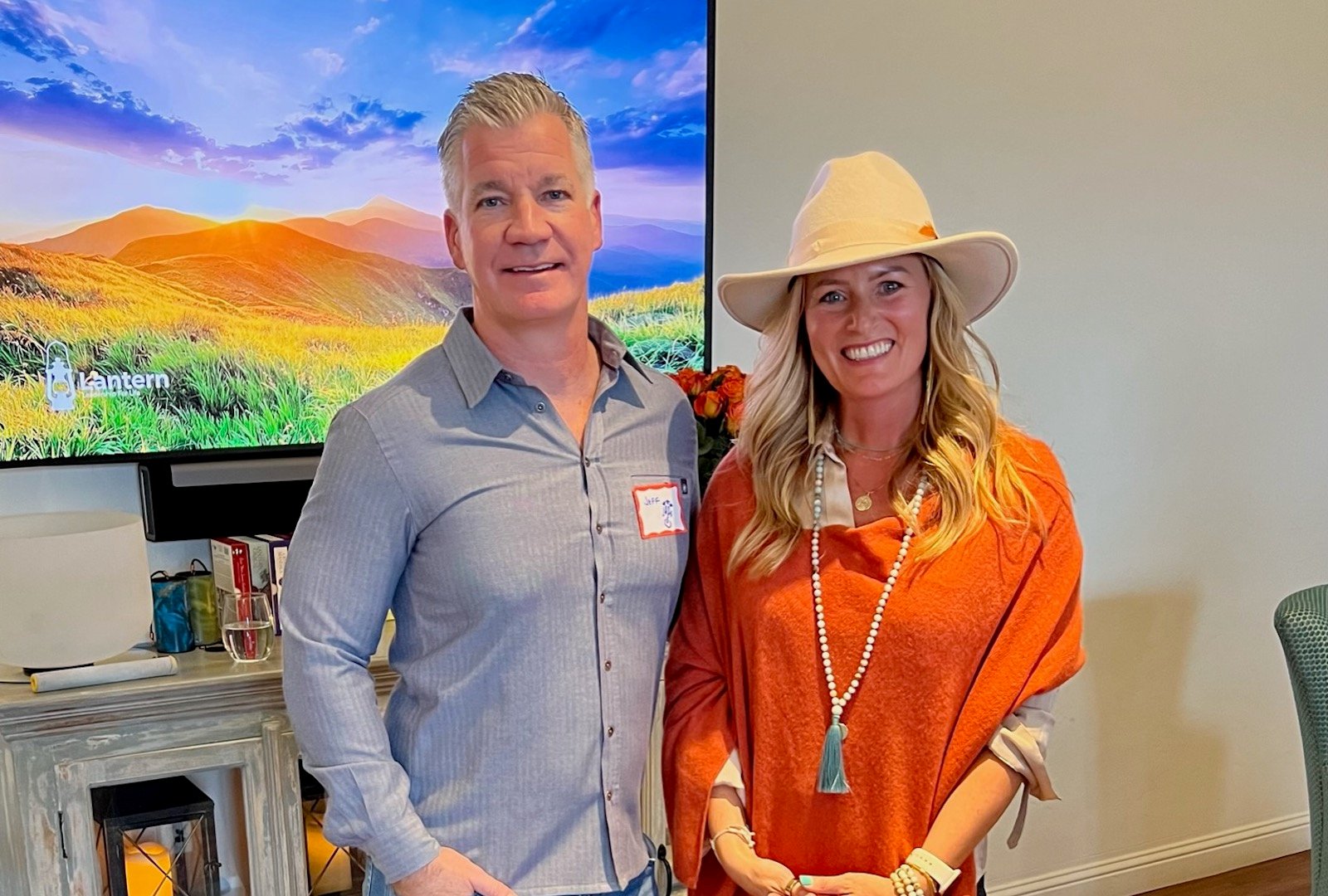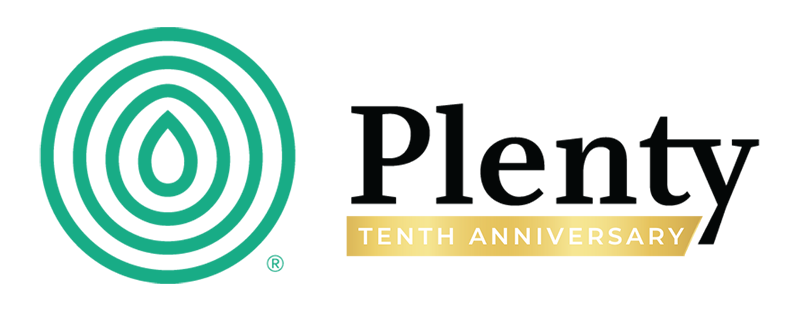The #1 Career Move You Actually Control
For the first twenty or so years in one’s life, learning is a priority. High school gives way to undergraduate studies. Some continue on to Master level programs. The ambitious few tackle Doctorate degrees. After that? The pursuit of knowledge for the mere sake of knowledge often takes a back seat as new priorities arise. Juggling work and relationships can be arduous, and the addition of continual learning on top of that seems nearly impossible.
But let’s face the facts: With today’s complex and fast-paced business environment, if your company is not continuously developing new skills and learning from your customers, the market, and your own team, you will fall behind.
Learning is no longer simply a box to check. It is fiercely essential in becoming and staying a competitive force in your market. None of us can afford to remain stagnant in our knowledge because the days of being an "expert" or “specialist” have changed. In the current rapid-moving information economy, professionals in every discipline require constant learning. The flexible and curious “renaissance learner” has superseded the ossified and rigid “renaissance man", which is why those who know how to continuously learn will outpace their peers.
This revelation is two-fold. On one hand, organizations need to ensure that individuals keep learning. To do this, they must create a culture of self-directed learners who are excited about learning and incentivized to advance their knowledge and skills. Learning can’t be simplified to a one-time event or training, nor can it be delivered in a “one size fits all” package. This digital era urges for the personalization of everything to ensure that we are treated as unique individuals. Furthermore, how can we expect a large group with distinct and dynamic learning styles to make sense of the fire hose of information sent their way in traditional training seminars?
Most organizations and companies realize that a continuous learning approach that prioritizes innovation is necessary for increased performance and higher-level output. They have aspired to this approach for a while now. In practice, however, this has looked like a series of training events rather than an actual flow of continuous learning. Though the training is more comprehensive, the system remains the same: leadership “packages” up content to deliver to team members and then manages that content after delivery.
 As you reflect on your own organizations current learning culture, make sure not to underestimate the power of data. Does your organization have systems in place to analyze the productivity of your current learning climate (i.e., fielding employee feedback)? If no, hop to it. If yes, utilize that feedback to continually update and upgrade the learning process. Creating the right learning environment for your organization is a permanently ongoing endeavor. Instead of this outdated model, consider a model that focuses on the infrastructure of learning rather than the content one learns. Don’t get us wrong, the content is important, especially in training. However, if you want to create an organization-wide culture of continual learning, you need to craft the scaffolding to support it. How many of us feel that we’ve learned more “on the job” than we did in the first few weeks of purposeful instruction? Take advantage of this reality! Promote in your people a desire to pursue knowledge, technical or otherwise. This could look like encouraging employees to read relevant sector material via a weekly email, enrolling your organization in seminars and workshops, creating in-house mentoring programs (top-down or horizontal), holding informal lunch sessions where individuals can talk about specific topics, or bringing in speakers monthly to talk on current issues.
As you reflect on your own organizations current learning culture, make sure not to underestimate the power of data. Does your organization have systems in place to analyze the productivity of your current learning climate (i.e., fielding employee feedback)? If no, hop to it. If yes, utilize that feedback to continually update and upgrade the learning process. Creating the right learning environment for your organization is a permanently ongoing endeavor. Instead of this outdated model, consider a model that focuses on the infrastructure of learning rather than the content one learns. Don’t get us wrong, the content is important, especially in training. However, if you want to create an organization-wide culture of continual learning, you need to craft the scaffolding to support it. How many of us feel that we’ve learned more “on the job” than we did in the first few weeks of purposeful instruction? Take advantage of this reality! Promote in your people a desire to pursue knowledge, technical or otherwise. This could look like encouraging employees to read relevant sector material via a weekly email, enrolling your organization in seminars and workshops, creating in-house mentoring programs (top-down or horizontal), holding informal lunch sessions where individuals can talk about specific topics, or bringing in speakers monthly to talk on current issues.
The second half of this revelation is individualistic rather than organizational. If you take anything away from this post, read this: The most successful people always stay a student. The greatest downfall of any manager or person in leadership is refusing to learn from those they lead. The wisest person you know was not born a genius; they were made wise by their curiosity and willingness to learn from unexpected people. It takes grave humility to understand that you may be the smartest person in the room, but the room is smarter than you.
Still on the fence of whether or not it is worth it to stay a life-long learner? Here are just a few proven benefits of continuous education:
- Learners are earners. People who continually learn (advanced degrees aside) will earn more money than those who rely on a narrow set of skills and experiences.
- Lifelong learning combats cognitive decline, depression, and poor self-image.
- Continual learning contributes to advanced levels of resilience and self-efficacy in completing an assignment or confronting a challenge.
With this in mind, make the pursuit of knowledge both a personal and organizational priority. We’ll help you get started with a few resources to continue your learning:
- Khan Academy: This resource offers hundreds of courses in disciplines such as math, science, computer programming, art, and history. Khan Academy also partners with programs like NASA, The Museum of Modern Art, and MIT to offer specialized courses.
- Stack Exchange: This online network of over 150 Q+A communities is the premier place to find answers to your questions on mathematics, software programming, home improvement, language, and various other topics.
- Coursera: Signing up with Coursera means that you have access to hundreds of courses taught at hundreds of prestigious universities and colleges, such as Penn State, Duke, University of Michigan, and Stanford. Courses are offered in a vast variety of disciplines and financial aid is available, but you can also take quite a few courses for free!
Learning is not limited to an educational system or institution. Think you’re done learning because you’ve graduated from college? We implore you to think again. This world is a massive wealth of knowledge and you have a lot left to learn. Don’t sell yourself— or your career— short.
Share this
You May Also Like
These Related Stories

What To Do When Culture Is The Problem



No Comments Yet
Let us know what you think